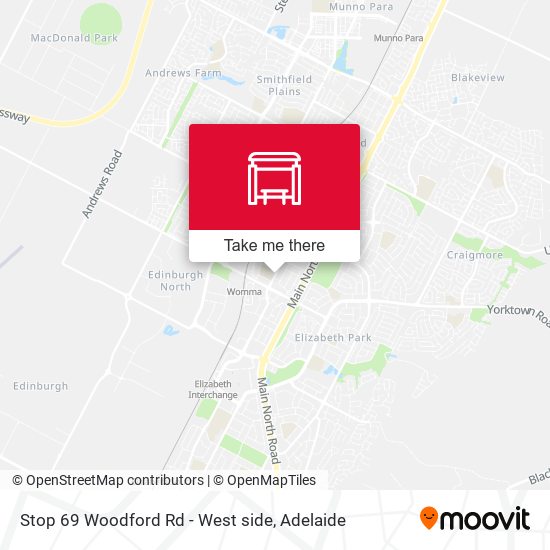
WEIGHT: 50 kg
Bust: 38
1 HOUR:40$
Overnight: +90$
Sex services: Massage classic, For family couples, Anal Play, Striptease, Domination (giving)
Bowel cancer, also known as colorectal cancer, develops from the inner lining of the bowel and is usually preceded by growths called polyps , which may become invasive cancer if undetected. Depending on where the cancer begins, bowel cancer may be called colon or rectal cancer.
It is estimated that 15, people will be diagnosed with bowel cancer in The average age at diagnosis is 69 years old. Bowel cancer is the fourth most commonly diagnosed cancer in Australia, and it is estimated that one in 20 people will be diagnosed by the time they are About 90 per cent of bowel cancers are adenocarcinomas , which start in the glandular tissues lining the bowel. Other less common types of cancer can also affect the bowel, including lymphomas and neuroendocrine tumours.

Cancer can also start in the small bowel but this is a rare cancer. People aged are sent a bowel screening test every two years as part of the National Bowel Cancer Screening Program. From 1st July , people aged can also request a free screening kit to be mailed to them. Learn more at bowelcancer.
A number of tests are used to diagnose bowel cancer. Initially, your doctor will give you a physical examination to feel if you have any abdominal swelling. Your doctor will also give you a digital rectal examination to check for any lumps or swelling in the rectum or anus. You may have a blood test to see if there are any signs that you are losing blood in your stools. It can also check your red blood cell count as low red blood cells are common in people with bowel cancer.

The test may be used if you have abdominal pain, changes to their bowel habits, unexplained weight loss, or anaemia. It is not recommended if you are bleeding from the rectum. With the iFOBT, you will take a sample of your stools at home. The sample is examined under a microscope for traces of blood which could be a sign of polyps, cancer, or another bowel condition. It does not diagnose cancer but if blood is detected, your doctor will usually recommend a colonoscopy. The best test for bowel cancer is a colonoscopy , which examines the length of the large bowel.



































